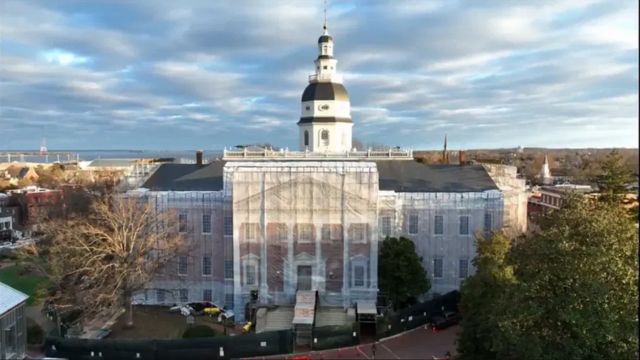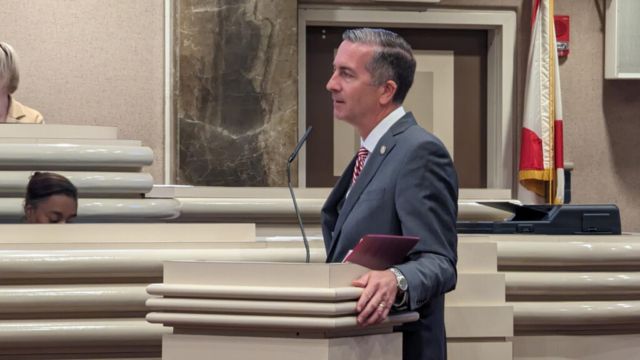PHOENIX: Arizonans who drive electric cars may soon have to say goodbye to their free ride.
A plan to charge every car that cannot run on gasoline or diesel an additional $135 annually for registration has been adopted by members of the House Committee on Transportation and Technology.
The largest group is that of those who require plug-in electrics. And there were 80,613 of them, according to the state Department of Transportation’s most recent statistics.
That would bring in around $11 million year for the fund that is used to repair and construct new roads.
It would make up for the fact that the owners of these cars do not pay the fuel tax, which is 18 cents per gallon and goes into the same budget.
Rep. David Cook selected a registration figure for these alternative fuel vehicles that has some mathematical foundation.
In a car that gets 20 miles per gallon, the average driver would purchase around 750 gallons of gas if they drove 15,000 miles a year. After accounting for the 18-cent gas tax, the total amounts to $135.
Despite passing the committee on a vote of 5–4, HB 2866 still faces several obstacles. Another important one is that, as a new tax, the House and Senate would need to vote in favor of it by two-thirds.
However, the Globe Republican is pushing the fee as an alternative to a much less popular idea that calls for the owners of these alternative fuel vehicles to monitor their driving and impose a per-mile tax to offset their lack of gasoline tax payments.
By a vote of 6 to 5, the same committee authorized putting a bill on the ballot for November that would forbid any kind of mileage-based charge or taxation by the state or any other level of government.
In addition, HCR 2018 prohibits any legislation that would place a cap on the number of miles a person could travel.
Representative Travis Grantham, who claims to drive both gasoline and diesel automobiles, is a supporter of such a proposal.
Grantham advanced his plan by saying, “Of the few freedoms we have left in this country, the freedom to travel is the one, or, if not, one of the last freedoms I hold most dear.”
The lawmaker representing Gilbert and Queen Creek added, “And I am terrified at the idea of tyrannical forces coming down and saying, ‘You can only drive this many miles now,’ ‘You can only drive on this day of the week now,’ ‘We know you drove this many miles last week, now you’re limited to this many miles next week,'”
He added that this is a component of a bigger plan.
According to Grantham, “the forces that be who put these types of ideas forward want people riding bicycles, walking, and using mass transit.”
He responded, “They don’t want you to ride in a car.” “We have a right to cars. It is a matter of freedom.
However, Grantham conceded that the matter of equity remains.
He stated, “I genuinely think there’s still a wear-and-tear problem on the roads.”
“I think we need to pay for our roads,” Grantham went on. “I think it is our duty to maintain our infrastructure over time.”
He claimed he would support Cook’s idea in exchange for that $135 charge because of this.
Although there are only a few thousand electric cars on the road (about 1% of the approximately 8 million registered cars), the trend is evident: less than 35,000 all-electric cars were registered in Arizona three years ago.
All of which raises the question of how long-term the existing fuel tax funding paradigm for roads can be maintained.
Fuel taxes brought in $540 million for the state in 2023. This represents a 3.3% increase over the state’s revenue in 2020, far less than inflation over that time.
It goes beyond simply switching to alternative fuel cars.
According to data from the Environmental Protection Agency, the typical car in 2023 got 28 miles per gallon. In contrast, 25.4 was recorded in 2020.
However, there is no sign that people are using the roads less, even in spite of increased options for mass transit and initiatives to encourage people to give up their automobiles.




